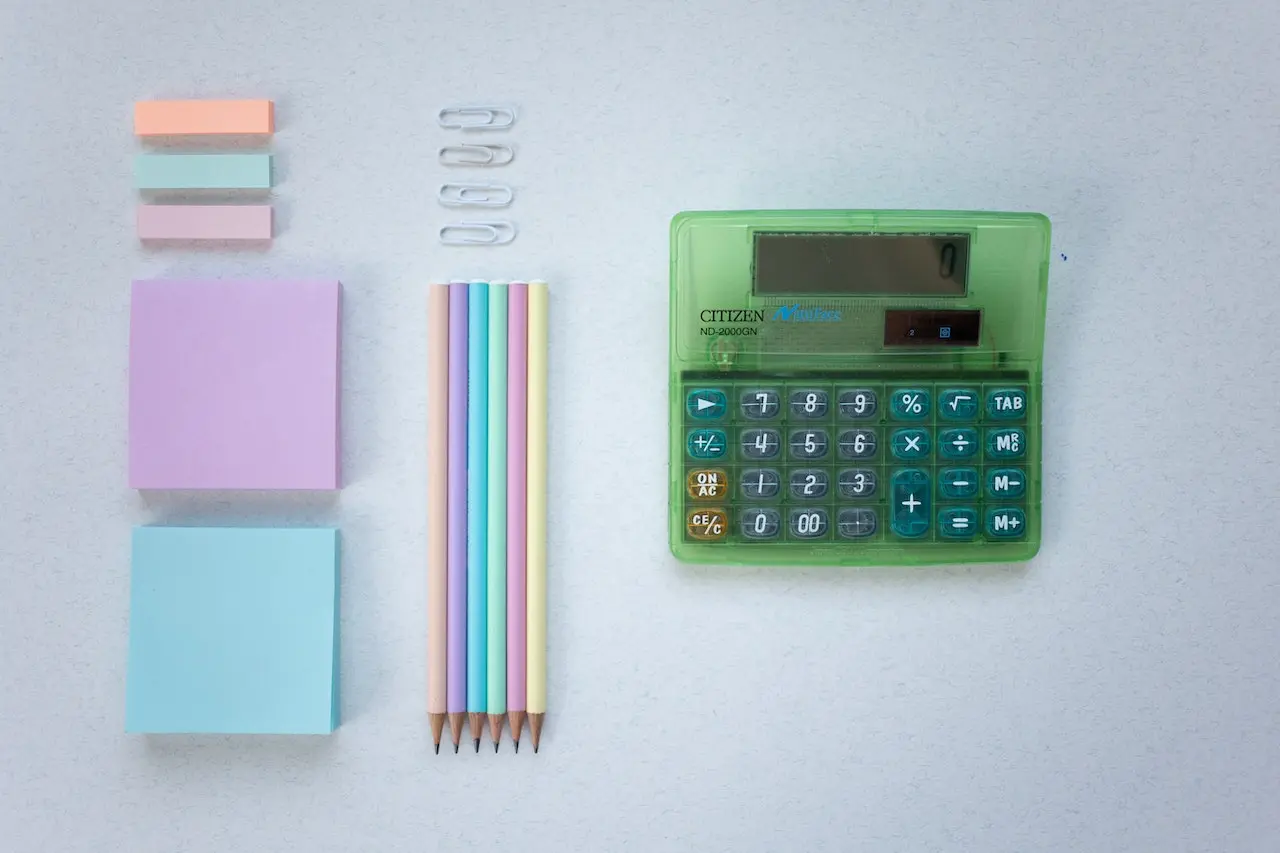Categories

If you run into a situation where you feel like you could use a little boost to your bank account, you’re not alone. But what can you do about actually getting the extra money you need? Well, there may be a few different options on the table that you might find yourself considering. You could look into the process if you think you need to apply for a personal loan or a credit card. Or, you might even feel comfortable asking for help from your friends or family.
One common type of loan that might come up in your quest to find a solution is a personal line of credit. A line of credit loan provides access to a set amount of funds that can be used whenever the borrower needs it. Unlike certain other types of personal loans, the borrower only pays interest and/or fees on the amount they use, and they can reuse the revolving line of credit as they repay it.
While this can be a convenient and flexible option to have at your disposal, if you’re approved for one, it’s important to understand the impact it can have on your overall financial situation. One important area it can affect is your credit score. But how? Let’s take a look at some of the potential ways that a personal line of credit may impact your credit score.
How is my Credit Score Calculated?
Before getting into the ways in which a line of credit might affect your credit score, it's important to understand how your credit score is calculated. In order to calculate your credit score, credit bureaus look at your credit report, which is essentially a record of how you’ve used credit in the past. This information includes:

Payment History – This includes information about whether you've made payments on time or missed any payments. Both late and on-time payments can have an impact your credit score.
Used vs. Available Credit – This refers to the amount of revolving credit you owe, including credit card balances. The amount you owe relative to your available credit, known as your credit utilization ratio, is considered. A high credit utilization ratio, meaning you're using a significant portion of your available credit, can impact your credit score.
Credit History – This refers to the length of time you've had credit accounts and how long it's been since you've used them. A long credit history with consistent use can be an important factor in your credit score, while a short or inconsistent history can also have an impact.
Public Records – This refers to any negative history you might have of things like bankruptcy or any dealings with collections. These things can come off as risky and may impact your credit score.
Inquiries – Whenever a hard inquiry is made into your credit file, it could potentially impact your credit score. These types of inquiries are sometimes made when you apply for personal loans, so you should make sure you’re aware of whether or not a hard inquiry is going to be performed when you apply for a particular loan, and avoid applying for too many altogether.
These factors are combined and weighted to create your credit score. The higher your score, the better your creditworthiness is considered by lenders. The exact method for calculating your credit score can vary between credit bureaus and scoring models, but the information listed above is generally considered when determining your credit score.
3 Ways that a Personal Line of Credit may Impact your Credit Score
Now that we’ve established what aspects of your financial profile are used to make up your credit score, let’s look at some of the ways that a personal line of credit can possibly impact it.
1. Amount of Debt Owed
The amount of debt you owe, also known as your credit utilization rate, is a key aspect of what ultimately makes up your credit score. Here's how it works:
Your credit utilization rate is expressed as a percentage and is calculated by dividing the amount of revolving credit you have used by your total credit limit. So, if your overall credit limit is $5,000 and you have used $1,000, your credit utilization ratio would be 20%.
A high credit utilization ratio can indicate to lenders that you're relying too heavily on credit and may be overextended, which can impact your credit score. On the other hand, keeping your credit utilization ratio low can demonstrate to lenders that you're using credit responsibly and have the ability to repay your debt.
It's generally recommended to keep your credit utilization ratio below 30%, although, generally, the lower it is, the better. However, this can vary based on individual credit reports and the scoring model used.
So, if your use of your personal line of credit is raising your credit utilization rate, it may impact your credit score. This is why it's important to monitor your credit utilization and take steps to reduce it, like paying down debt.
2. Length of Credit History
The length of your credit history is an important factor in determining your credit score. If you have a lengthy credit history, it may indicate to lenders that you have experience managing different types of credit over a long period of time. On the other hand, a short credit history can indicate that you're a newer borrower and may not have a proven track record of using credit.
So, because of the importance of the overall length of your credit history, the age of your individual accounts can also be important. A mix of both older and newer accounts can demonstrate to lenders that you have a well-established credit history, while a history of opening multiple accounts in a short period of time can indicate that you may be overextended or trying to build credit too quickly, which can impact your credit score. The age of your line of credit accounts factors in here.
3. Credit Inquiries
Like we alluded to, when you submit an application for any sort of loan or line of credit, generally speaking, an inquiry will be made into your credit report to assess your creditworthiness.

When an inquiry is done, it’ll typically be either a hard inquiry or a soft one (also known as a hard or soft pull). If you submit an application for a personal line of credit and a hard inquiry is done, it may impact your credit score. A hard inquiry is done by a lender when your loan application is assessed.
At the other end of things, a soft inquiry (which occurs, for example, when you check your own credit) shouldn’t impact your credit score.
Be Aware of What Impacts your Credit History
In the end, it’s possible for a personal line of credit to have an impact on your credit score. It's important to consider how you plan to use your personal line of credit before applying for one, and to use it wisely to avoid any negative impact on your credit score.
Disclaimer: This page provides general information only and does not constitute financial, legal or other professional advice. For full details, see Fora’s Terms of Use.



